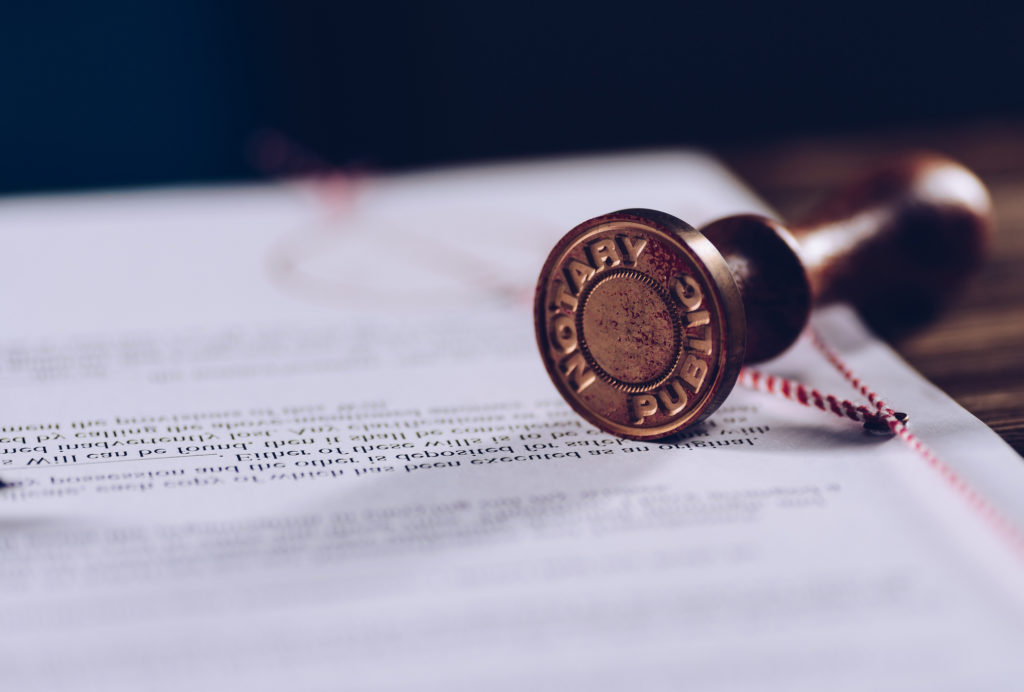DIRCO Regulations Demystified: A Overview to Diplomatic Method
DIRCO Regulations Demystified: A Overview to Diplomatic Method
Blog Article
Demystifying Notarial Job: Streamlining the Role and Value of Notaries
In the complex internet of legal documentation and verification, notaries stand as columns of assurance and credibility. Their duty, often shrouded in enigma for numerous, carries considerable weight in guaranteeing the legitimacy and honesty of vital records. As guardians of validity and fact, notaries play a critical component in our culture, yet their job is not always fully recognized. By deciphering the intricacies shedding and surrounding notarial methods light on the value of their acts, a more clear understanding emerges of the crucial duty notaries play in supporting the fabric of lawful and legal contracts.
The History of Notarial Work
Exactly how did notarial job advance with time to come to be an essential component of legal and service transactions? The background of notarial work days back to old civilizations, where scribes played an essential role in recording essential details and verifying records. As cultures progressed, the requirement for a more formalized system to ensure the legitimacy of agreements emerged. This resulted in the advancement of notaries, individuals assigned by the state to function as objective witnesses in legal matters.
Throughout the Middle Ages, notaries got prominence in Europe, with their features broadening to include composing legal documents, certifying signatures, and protecting documents. The rise of worldwide profession even more emphasized the significance of notarial job in verifying agreements and contracts across boundaries.
In the modern period, notaries remain to play an important duty in legal and service purchases by validating identities, validating the credibility of records, and preventing fraud. Their duty in licensing the credibility of agreements adds a layer of protection and depend the ever-evolving landscape of commerce and legislation.

Responsibilities and Duties of Notaries
Notaries play an important role in validating the credibility of records and the identification of signatures. One of their primary responsibilities is to witness the finalizing of essential files, such as agreements, wills, and acts, to make sure that all events are entering right into arrangements intentionally and voluntarily.
They accredit duplicates of initial files, supplying guarantee to organizations that the copies are real replicas of the originals. Generally, the tasks and duties of notaries are vital in protecting the integrity and validity of different documents and transactions - DIRCO.
Notarial Certificates and Signatures
Exemplifying careful interest to detail, notarial certifications and signatures act as important elements in confirming the credibility of lawful papers. Notarial certificates usually include essential info such as Deceased Estate the date of registration, the names of the notaries, a summary of the file, and the notary's official seal. These certifications offer a clear record of the notarial act, guaranteeing that the paper can be conveniently identified and traced back to the notary who supervised the process.
Signatures play a pivotal duty in notarial work, as they represent the arrangement and permission of the celebrations involved. Notaries thoroughly witness the finalizing of documents to validate the identification of the notaries and verify that they are signing of their very own free choice. By affixing their official seal and signature to the paper, notaries accredit that the required procedures have been complied with and that the paper is legitimate and enforceable.
Basically, notarial certificates and signatures are the characteristic of credibility in lawful deals, supplying guarantee to all events included that the files are genuine and binding.
Significance of Notarial Acts

Registration Process Described
The notarization procedure typically starts with the individual offering the record to a notary public. When the identification is validated, the notary makes certain that the individual signing the record does so voluntarily and without any kind of threat.

Conclusion

Notarial certificates typically contain essential details such as the day of notarization, the names of the notaries, a description of the paper, and the notary's official seal. These certifications give a clear document of the notarial act, ensuring that the record can be quickly identified and mapped back to the notary who managed the procedure.
By fastening their main seal and signature to the document, notaries certify that the necessary treatments have actually been followed and that the record is enforceable and valid.
By verifying the identity of the signatures, confirming their willingness to get in into the arrangement, and accrediting the day and place of the finalizing, notaries play a vital duty in upholding the credibility of legal papers.After the document is authorized, the notary will attach their official seal or stamp onto the file.
Report this page